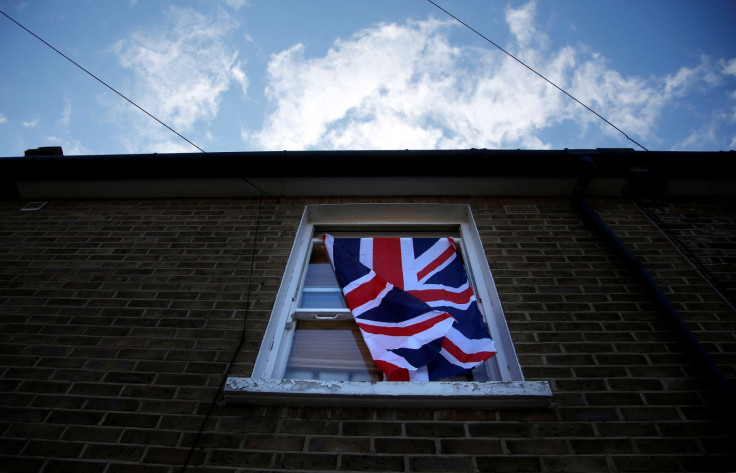Brexit: Britain's Arab community fears rise in racism and far right sentiment after EU vote
For some the UK's historic decision to leave the EU translates into a rise of far right sentiment.

For some in Britain's Arab community, the United Kingdom's historic decision to leave the European Union translates into a rise of far right sentiment, something with which the Leave campaign increasingly became associated.
The issue of migration has rocked other parts of Europe, more so since thousands of refugees and migrants, some of them fleeing conflicts in Syria, Iraq and Afghanistan, began making their way to Europe last summer.
Many of those who have fled instability in the Middle East over the past decades found a safe haven in Europe, valuing the stability that citizenship of a united European Union provided them and their families.
Amal, 35, has been a British citizen since 2004. "I am worried about an increase of intolerance, racism and ignorance and a shift to the right. I was very shocked, upset and angry. I feel like the government has betrayed me. The campaign has been led in a disgusting way – their main concern being about immigration. The problem is bigger than immigration and they were not honest with us about that".
Suzan, 37, is a Swedish citizen of Kurdish origin. Her family fled Iraq after several family members were executed by the regime in the 1980s. "I have lived in London over a decade, and London is my home. I never faced racism or felt discriminated against. The Leave side has driven a harsh and often unfair anti-immigrant campaign, I am worried that now communities will be divided and this will make it more acceptable to be racist toward the non English", she told me.
She also expressed financial concerns. "Since 2002 I been mainly working and paying tax in UK, my worries are financial. I paid tax in UK and I wonder how this will affect my pension if I am forced to go back home to Sweden."
The youth in Britain have missed the battles for democracy, while Lebanon has struggled a lot to attain freedom and sovereignty.
The neo-liberal think tank the Bruges Group, set up its campaign centre in Ealing, a London borough with a significant foreign-born population. Its leader Robert Oulds told me: "We had people giving us statements in various non-European languages. They know we are doing this not just to get Britain out of the EU because we feel the centralisation of the EU is bad for us and for other member countries".
But other voices suggest that the Leave campaign had support from beyond the traditional base it is considered to attract.
Carl, 33, is Lebanese and originally came to the UK to study at the Durham University, before working in media. He was pro-Leave. "I share the UK's liberal values and integrated British Arabs appreciate the say of the people during this referendum", he told me. "In 2005 the Lebanese people had their say throughout the Cedar revolution when they ended Syrian hegemony and we know that there's no point of citizenship without freedom, self-determination and control over your borders. The youth in Britain have missed the battles for democracy, while Lebanon has struggled a lot to attain freedom and sovereignty."
Time will tell if any of the pledges of the Leave campaign to control migration take effect, or whether quitting the EU will trigger what one commentator has referred to as "Britain's Arab Spring".
© Copyright IBTimes 2024. All rights reserved.





